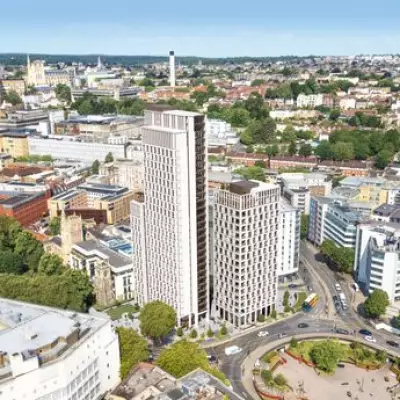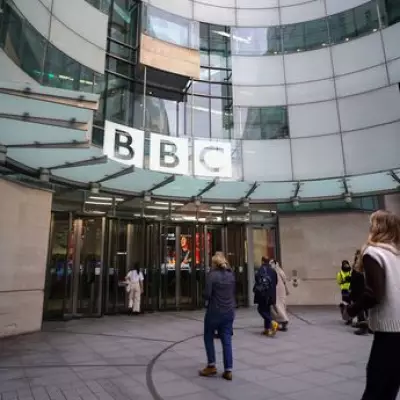
Millions of British households are facing a fresh financial blow as council tax bills are poised to surge by hundreds of pounds in the coming months. Local authorities across the country are preparing to implement significant increases to address growing budget pressures.
The Stark Reality of Rising Bills
Analysis reveals that the typical Band D property could see their annual council tax bill increase by approximately £150. This comes at a time when families are already grappling with soaring energy costs, food inflation, and mortgage payments.
Why Are Councils Increasing Taxes?
Local authorities cite multiple pressures forcing their hand:
- Rising social care costs placing unprecedented demand on services
- Increased spending on homelessness and temporary accommodation
- Growing pressures on children's services and special educational needs
- Inflationary impacts on running costs and service delivery
Regional Variations in Impact
While all regions will feel the pinch, some areas face steeper increases than others. Councils that have historically kept tax rates lower may need to implement larger percentage rises to maintain essential services.
What This Means for Household Budgets
The additional £150 per year represents another significant burden on family finances. For those already struggling with the cost of living crisis, this increase could mean difficult choices between essential spending and council tax payments.
Many local authorities are expanding their support schemes for vulnerable residents, but eligibility criteria vary widely across different council areas.
Looking Ahead
With council tax decisions being finalized in the coming weeks, households are advised to prepare for higher bills from April. Financial experts recommend reviewing household budgets now and exploring available support if concerned about payment ability.





